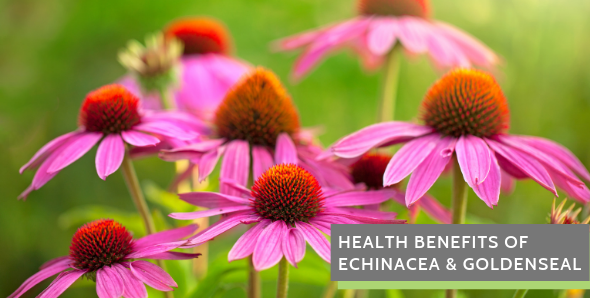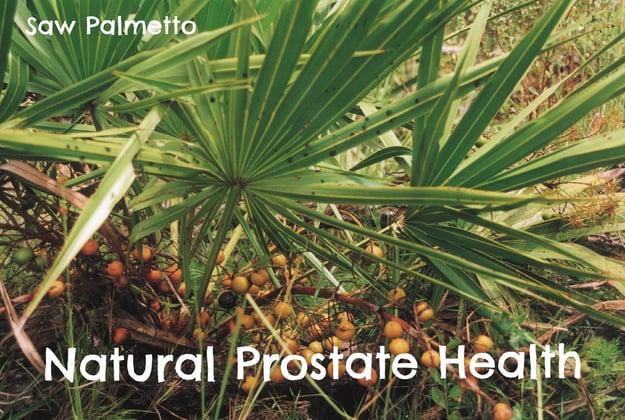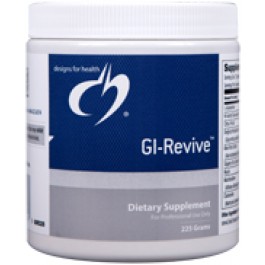
Echinacea and Goldenseal are a very popular combination of herbs which can be found in dozens of brands of dietary supplements. What these two herbs have in common is...
By Gene Bruno, MS, MHS

Prostatitis is a swelling of the prostate gland, usually caused by infection. The patient feels urgent needs to urinate frequently and has a burning sensation during urination. Benign prostatic hypertrophy (BPH) is an enlargement of the prostate gland, common among men after 50 years of age. Among other considerations, a metabolite of testosterone called dihydrostestosterone is thought to contribute to the enlargement of the prostate in BPH. The condition is not malignant or inflammatory, but may lead to obstruction of the urethra, interfering with the flow of urine. This can increase frequency of urination, the need to urinate during the night, pain, and urinary tract infections. Since the main function of the prostate is to produce the seminal fluid, a man with BPH can become sterile, although his libido is not necessarily affected. On the other hand, the male with prostate problems often has serious problems with his sex life, primarily because of the urine retention situation and possible low grade infection.
Conventional medical treatment may include antibiotics, drugs that inhibit the conversion of testosterone into dehydrotestosterone, sitz baths, bed rest, regular sexual release, massage of the prostate, avoiding alcohol and drinking excessive fluids, urinating as soon as the urge occurs, and surgery—in some cases. Alternative medical treatment may involve the use of the herbal remedies Saw Palmetto, Pygeum and Pumpkin seed oil.
Saw Palmetto is a small palm tree native to the North American East Coast, from South Carolina to Florida, and west to Texas. Native Americans used its berries as both a food and a medicine.
The clinical efficacy of the Saw Palmetto extract in mitigating the urological disorders associated with benign prostate hypertrophy or hyperplasia (BPH) and its good tolerability are well documented by many clinical studies, carried out on patients suffering from mild to moderate BPH.1 2 3 The bulk of the results obtained in double-blind placebo-controlled clinical trials and in multicenter open clinical studies demonstrate that Saw Palmetto extract is an effective and safe treatment for relief of urological disorders associated BPH.4
Of particular interest is research comparing Saw Palmetto to the prescription drug Proscar. During the course of three studies involving 309 men, Saw Palmetto extract was associated with a significant increase in urinary flow rate and a 50 percent decrease in residual urine volume. Furthermore, improvement in quality of life was reported “which reflected in the over 80 percent good to very good efficacy judgments.” By comparison, Proscar showed a 30 percent decrease in symptom scores over three years, but urine flow improved only slightly, and residual urine volume was almost unchanged. Only onethird of the treated patients had “clinically relevant improvement,” and only after six months.5 It should be noted that a good deal of the aforementioned research was conducted using a specific extract of Saw Palmetto standardized for 85.0%-95.0% fatty acids and 0.25%-0.50% total sterols. This type of extract can only be found in soft gelatin capsule products.
Pygeum possesses anti-inflammatory properties which are particularly effective for the prostate. This herb works by inhibiting the formation of prostaglandin PGE2 and PGF2, well known mediators of the inflammatory process. Pygeum extract has been used in the treatment of benign prostate hypertrophy or prostatitis (inflamed prostate gland) at a dose of 100 or 200 mg per day in two separated doses for periods ranging from one to several months. Significant numbers of patients were treated in open and double blind trials with excellent results and tolerability.6 7
Pumpkin seeds are one of the most common plants constituents used to treat BPH.8 Scientific reviews have stated that the consumption of pumpkin seeds help to reduce residual urine and the frequent urge to urinate.9 In two doubleblind studies10 11, pumpkin seed oil was successfully used in combination with saw palmetto to reduce BPH symptoms. In one open label study, pumpkin seed oil by itself was found to decrease symptoms by 47% and improve quality of life by 46% in patients with BPH.12 Pumpkin seed oil’s effectiveness in BPH may be a partial function of its ability to improve the function of the bladder and urethra, as shown in animal studies.13
The use of the aforementioned herbal remedies may do much to help reduce symptoms of BPH. Nonetheless, self-treatment without medical support is a bad idea. First off, if you have symptoms of BHP, you should first verify with your physician that BHP is the problem rather than, say, prostate cancer. If you want to try some of these natural remedies, speak with your physician, and involve him or her in the process.
Smart Supplementation™ is a free series of educational literature created by Huntington College of Health Sciences (HCHS) as a public service. Although copyrighted, it may be freely photocopied and distributed, but may not be altered in any way. Smart Supplementation™ is not intended as medical advice. For diagnosis and treatment of any medical condition, consult your physician.
1 Bombardelli E, Morazzoni P. Fitoterapia 1997; 48(2): 99- 113. 2 Lowe FC, Robertson C, Roehrborn C, Boyle P. J Urol 1999; 159(5) Suppl:257. 3Gerber GS, Zagaja GP, Bales GT, et al. Urology 1998; 51(6):1003-7. 4 Wilt TJ, lshani A, Stark G, MacDonald R, Lau J, Murlow C. JAMA 1998; 280(18):1604-09. 5 Bach D, et al. Phytomedicine 1997; 3/4:309-13. 6 Mathe, G., et al, Biomed Pharmacother (1995) 49(7-8) p 341-3. 7 Casella, G. and A. Barbaro, Arch Sci Med (1978) 135(1) p 95-8. 8 Lowe F, Ku J, Urology (1996) 48(1):12-20. 9 Brinker F, British Journal of Phytotherapy (1993/94) 3(4):154-176. 10 Carbin BE, Eliasson R. Swed J Biol Med 1989;2:7–9. 11 Carbin BE, Larsson B, Lindahl O. Br J Urol 1990;66:639–41. 12 Schiebel-Schlosser G, Friederich M. Zeits Phytother 1998;19:71–6. 13 Zhang X, Ouyang JZ, Zhang YS, et al. J Tongji Med Univ 1994;14:235–8.

Echinacea and Goldenseal are a very popular combination of herbs which can be found in dozens of brands of dietary supplements. What these two herbs have in common is...

GI Revive™ offers comprehensive support for optimum gastrointestinal health and function. The lining of the gut must have proper permeability and...